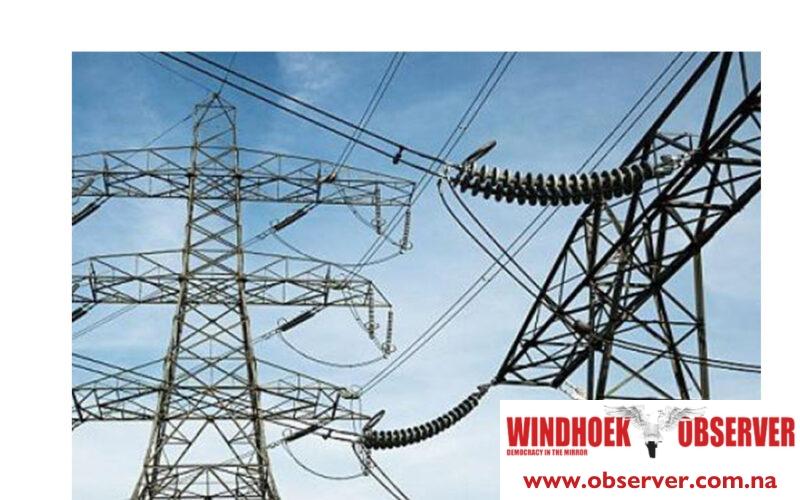Erasmus Shalihaxwe
The Southern African Development Community (SADC) member states need to commission 2,885 megawatts of new power generation capacity to help reduce the region’s ongoing electricity shortfall.
This was revealed by Angele N’tumba, the SADC deputy executive secretary for regional integration, during the 43rd joint meeting of ministers and senior officials responsible for water and energy held in Harare, Zimbabwe, on Monday.
She said the additional capacity would ease pressure on the region’s power supply, which remains strained despite recent progress in infrastructure development.
As of May 2025, SADC’s installed generation capacity reached 85,221 megawatts, including contributions from Oceanic member states.
However, the region still faces a generation shortfall of 792 megawatts.
Among countries connected through the Southern African Power Pool (SAPP), the shortfall rises sharply to 4,509 megawatts.
N’tumba urged ministers to fast-track the implementation of several agreements signed during the 42nd joint meeting in Luanda, Angola, in May 2024.
“I therefore urge all member States to fast-track the necessary processes to ensure timely fulfilment of our commitments and adherence to the agreed timelines,” she said.
She pointed to key developments since the Luanda meeting, including the signing of the amended SADC protocol on energy by eight member states, with ongoing consultations in others.
Six member states have ratified the intergovernmental memorandum of agreement, and Mauritius has offered to host the new Regional Transmission Infrastructure Financing Facility.
N’tumba also highlighted progress on regional energy regulatory frameworks and ongoing cost-of-service studies aimed at achieving cost-reflective tariffs.
She mentioned the SADC Sustainable Energy Week in Gaborone, Botswana, which was held in February, where 18 actionable items were incorporated into the operational plans of SADC and the SADC Centre for Renewable Energy and Energy Efficiency (SACREEE).
“The annotated agenda before us reflects the extensive scope of issues under discussion, ranging from the review of regional protocols to infrastructure development and energy market integration. Your technical insights and policy guidance will be instrumental in advancing SADC’s shared objectives in the energy and water sectors,” she said.
She commended member states and stakeholders for the progress made so far, but stressed that several key decisions remain outstanding.




